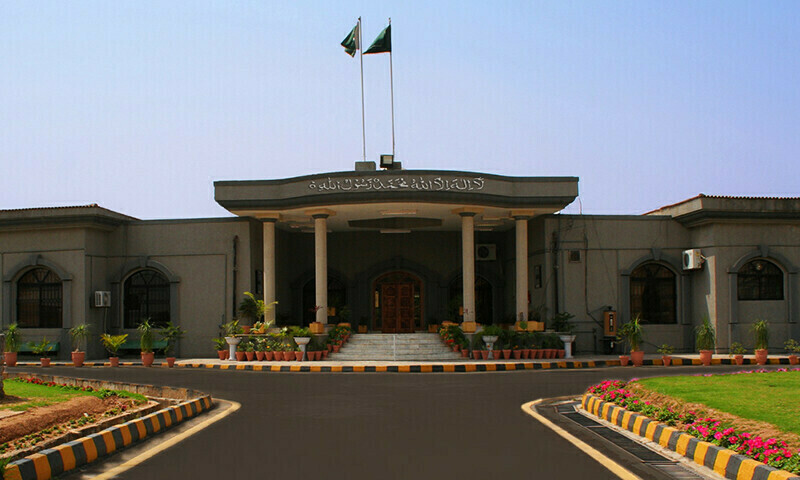In response to ongoing concerns about missing persons and enforced disappearances, Islamabad High Court (IHC) Justice Miangul Hassan Aurangzeb has asserted that the prime minister and the federal cabinet hold ultimate responsibility for individuals who go “missing.”
Justice Aurangzeb made this statement in a recent order concerning the disappearance of Ghulam Shabbir, the brother of Pakistan Tehreek-e-Insaf (PTI) leader Dr. Shahbaz Gill. He emphasized that, according to the Constitution, the prime minister and the cabinet are accountable for such cases.
The issue of missing persons has repeatedly drawn attention from various segments of society and human rights organizations. Recently, the current government introduced a Rs5 million package for each affected family, aimed at providing legal and financial support to the relatives of missing individuals.
Federal Law Minister Azam Nazeer Tarar revealed that the federal cabinet, chaired by Prime Minister Shehbaz, also approved the formation of a special committee to assess legitimate cases needing support after reviewing the final report of existing committees. Tarar had previously stated that only 23% of missing persons’ cases were pending, with around 10,200 cases registered with the Commission of Inquiry on Enforced Disappearances (COIED), of which approximately 8,000 were resolved.
The Missing Persons Inquiry Commission’s January report noted that Khyber Pakhtunkhwa reported the highest number of missing persons cases, totaling 3,485. The report attributed these disappearances primarily to drone attacks and rising militancy. In Balochistan, 2,752 cases were reported, with some individuals fleeing abroad without notifying their families due to the region’s unstable conditions. Protests by the Baloch Yakjehti Committee (BYC) continue in various areas of Balochistan.
The case of Ghulam Shabbir involves his disappearance between the night of June 8 and 9 while traveling from Lahore to Islamabad. A writ petition was initially filed in the Lahore High Court (LHC) for his recovery but was withdrawn after information suggested he was in Islamabad. A subsequent plea was filed in the Islamabad High Court (IHC) last month.
Justice Aurangzeb commented that strict orders might lead to backlash against judges, contrasting past practices with current government policies. He noted that officials from various government departments, including the Ministry of Defence, Ministry of Interior, and Federal Investigation Agency (FIA), had expressed ignorance about Shabbir’s whereabouts.
The judge criticized the government’s lack of action and knowledge regarding the detainee, characterizing it as a case of enforced disappearance. He highlighted that the LHC’s order for a report from the Punjab Attorney General and the Inspector General of Police (IGP) had not been complied with. Consequently, he directed the court’s registrar to send a copy of the order to the principal secretary of the Prime Minister and instructed the Interior Ministry Secretary to ensure Shabbir’s production before the IHC by August 6.


